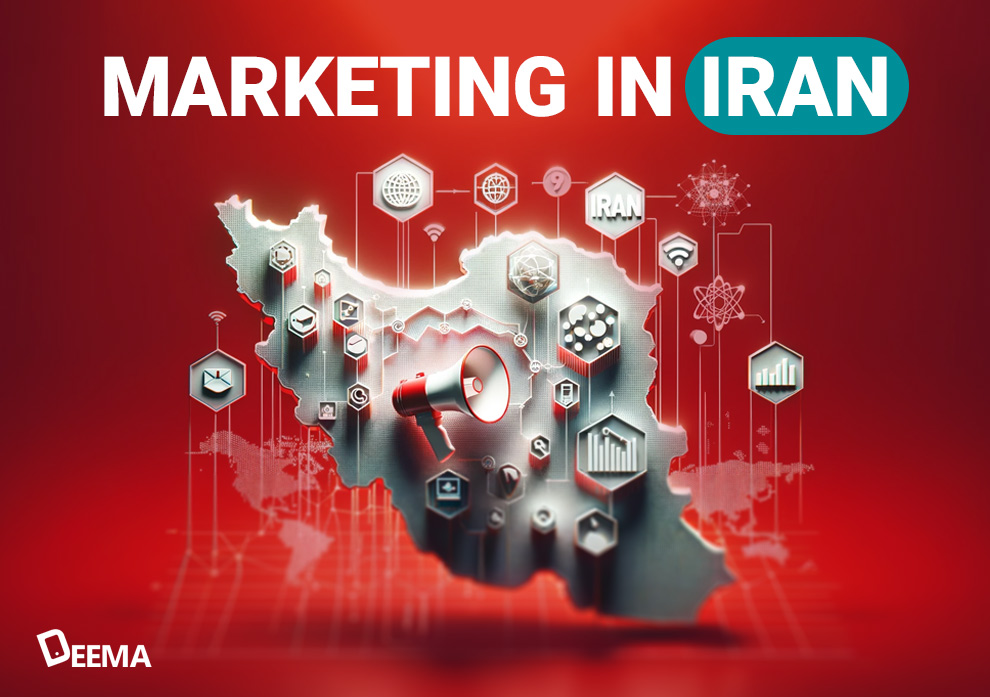Understanding the Iranian Market
Before diving into business dealings, it is essential to familiarize yourself with Iran’s economic structure. Iran’s economy is characterized by sectors like oil and gas, agriculture, mining, and textiles. The country is one of the largest producers of oil and holds significant natural resources. This means that sectors related to energy and natural resources are often at the forefront of trade opportunities.
Moreover, with a population of over 80 million, Iran boasts a large consumer market. The majority of Iranians are young, tech-savvy, and eager for international products and services. This demographic shift creates an increasing demand for a variety of goods, making it an attractive destination for international traders.
Regulatory Framework
When trading with Iran, it is crucial to understand the regulatory frameworks and economic sanctions that may affect your business operations. While significant sanctions have been imposed on Iran in the past, the situation can change based on international relations. Traders must stay informed about current regulations and compliance requirements, particularly regarding financial transactions and imports/exports.
Engaging with local legal experts and trade consultants can provide valuable insights into navigating these complexities. Building relationships with established Iranian businesses can also facilitate smoother transactions and enhance your understanding of local regulations.
Effective Communication
Establishing strong communication channels is vital for successful business operations in Iran. Understanding cultural nuances and business etiquette can make a significant difference in building trust and establishing long-term partnerships.
Farsi (Persian) is the official language, and while many Iranians, especially in business settings, speak English, showing a willingness to engage in their language can go a long way. Consider using translation services for official documents and marketing materials to ensure clarity and professionalism in your communications.
Conclusion
Trading with Iran offers abundant opportunities for those willing to understand its market dynamics and regulatory landscape. By staying informed, respecting cultural practices, and establishing clear communication, traders can effectively tap into the potential that this vibrant market has to offer. For more resources and connections in the Iranian trade landscape, visit findiniran and explore the extensive network available for traders looking to succeed.


